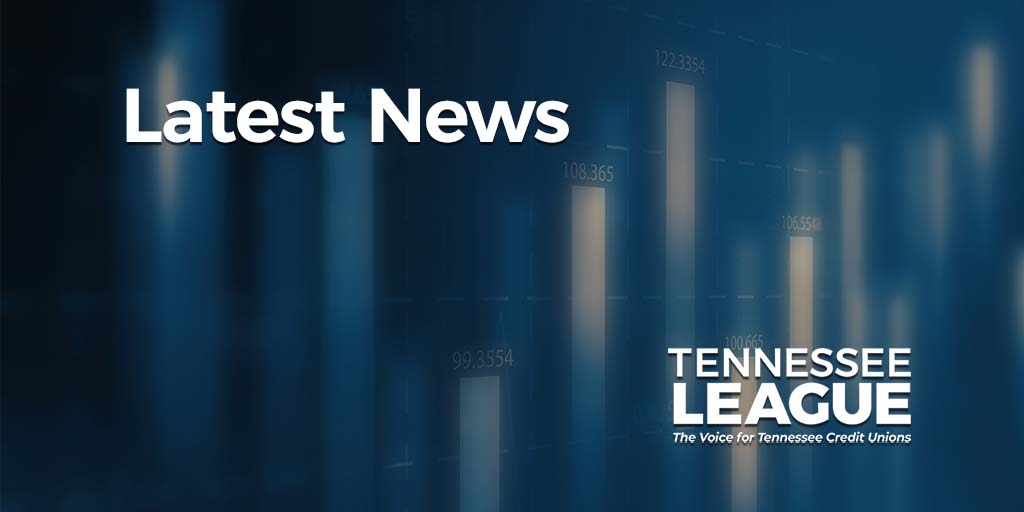Updated April 3, 2020
On April 2, the Treasury and SBA released the interim final rule for the Paycheck Protection Program. The link to the entire rule can be found here.
Here’s a quick summary from our initial reading of the rule. Things are changing by the moment it seems, and we will keep you updated with any new information. As always, let me know if you have any additional questions! Thank you for your patience and your dedication to your members and your communities.
Who can make these loans?
All credit unions that are current SBA Lenders are automatically approved to make PPP loans on a delegated basis.
Any federally insured credit union that is not currently designated in a Troubled Condition by their primary federal regulator or under formal enforcement action with their primary federal regulator that address unsafe or unsound lending practices is automatically qualified under delegated authority by the SBA upon transmission of CARES Act Section 1102 Lender Agreement Form (SBA Form 3506) – This form is expected to be posted to the Treasury and SBA websites tonight and we will send it along as soon as we see it. We think this will be different than the SBA 750 form that we sent out this afternoon but are waiting to see. We apologize if so, the information has been coming in and changing by the minute.
What are the terms of these PPP loans?
- The loans are guaranteed at 100%.
- The interest rate on these loans is 1%.
- The maturity on these loans is 2 years.
- The maximum amount per loan is $10m.
- No collateral is required.
- No personal guarantees required.
- All loans processed by lenders under delegated authority and lenders will be permitted to rely on certifications of the borrower to determine eligibility and the use of loan proceeds.
- The program runs from April 3, 2020 to June 30, 2020 (small businesses and sole proprietors can begin applying tomorrow, independent contractors and self-employed individuals can begin April 10)
What do lenders have to do in terms of loan underwriting?
- Confirm receipt of borrower certifications contained in the PPP Application form.
- Confirm receipt of information demonstrating that the borrower had employees who they paid salaries and payroll taxes on or around 2.15.20
- Confirm the dollar amount of average monthly payroll costs for the preceding calendar year by reviewing the borrower’s documentation submitted
- Follow applicable BSA requirements:
- Federally insured credit unions should continue to follow their existing BSA protocols when making PPP loans to either new or existing members who are eligible borrowers. PPP loans for existing members will NOT require revivification under applicable BDA requirements.
- Entities that are not presently subject to the BSA should, prior to engaging in the PPP program, establish an anti-money laundering (AML) compliance program equivalent to that of a comparable federally regulated institution.
The underwriting obligation is limited to these items and reviewing the PPP Application Form. Borrowers must submit such documentation necessary to establish eligibility such as:
- payroll processor records
- payroll tax filings
- Form 1099-MISC
- Income expenses
- Other supporting documentation such as bank records
Lenders CAN rely on borrower documentation for loan forgiveness – you do not need to conduct any verification if the borrower submits documentation supporting its request for loan forgiveness. The administrator will hold harmless any lender that relies on such borrower documents and attestation from a borrower. Section 1106(h) of CARES Act.
What fees will be paid?
SBA will pay lenders processing fees in the following amounts:
- 5% for loans up to $350k
- 3% for loans above $350k up to $2m
- 1% for loans over $2m
- Lenders do not have to apply the “credit elsewhere test”
- There will be no up-front guarantee fee payable to SBA by borrower
- No lender’s annual service fee payable to SBA
- No subsidy recoupment fee
- No fee payable to SBA for any guarantee sold into secondary market.
The loans CAN be sold on the secondary market.
The lender CAN request that SBA purchase the expected forgiveness amount of a PPP loan or pool of PPP loans at the end of week seven of the covered period.
